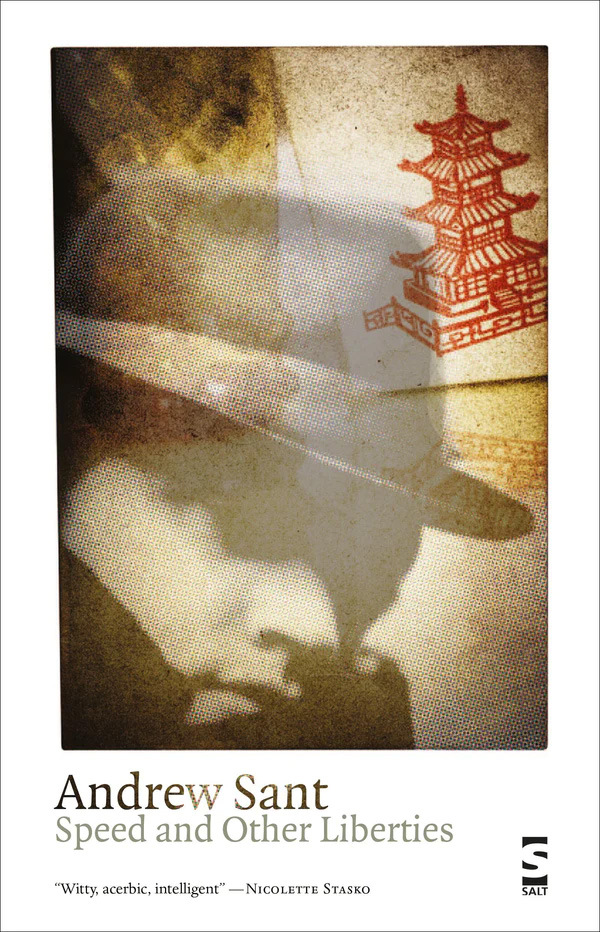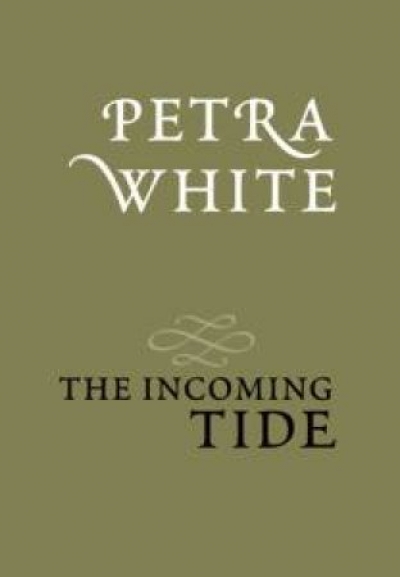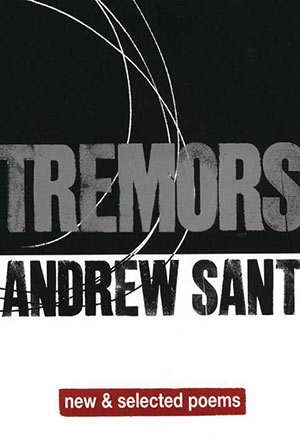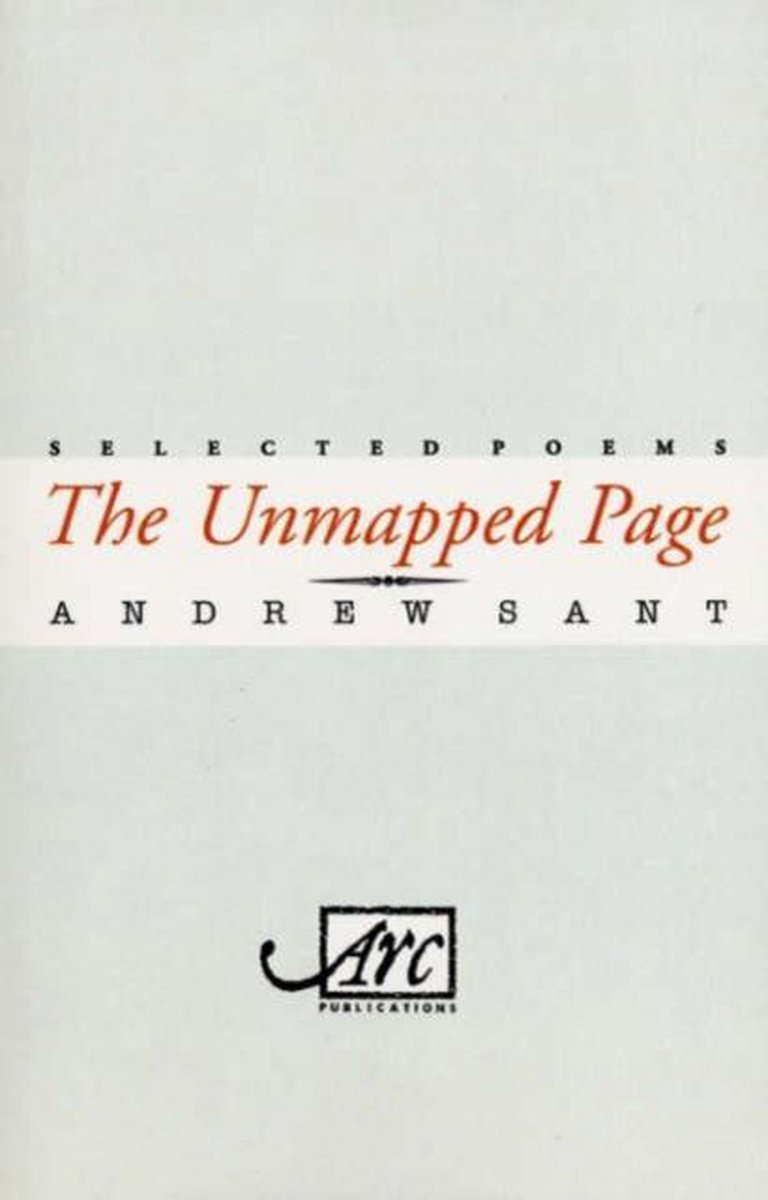Andrew Sant
Film | Theatre | Art | Opera | Music | Television | Festivals
Welcome to ABR Arts, home to some of Australia's best arts journalism. We review film, theatre, opera, music, television, art exhibitions – and more. To read ABR Arts articles in full, subscribe to ABR or take out an ABR Arts subscription. Both packages give full access to our arts reviews the moment they are published online and to our extensive arts archive.
Meanwhile, the ABR Arts e-newsletter, published every second Tuesday, will keep you up-to-date as to our recent arts reviews.
Recent reviews
It continued snowing.
The furniture hadn’t drifted away in a removal van.
We kept Sam. We didn’t catch a taxi
to Heathrow. The hi-fi kept going.
We didn’t fly twelve thousand miles.
We stayed at home.
Götterdämmerung Café by Andrew Taylor & Russian Ink by Andrew Sant
The Ghost Names Sing by Dennis Haskell & Album of Domestic Exiles by Andrew Sant
Would it surprise you to know that a number of our well-known writers write to please themselves? Probably not. If there’s no pleasure, or challenge, or stimulus, the outcome would probably not be worth the effort. If this effort is writing, it seems especially unlikely that someone would engage in the activity without enjoying the chance to be their own audience.
... (read more)Chris Wallace-Crabbe reviews 'Poems for an Exhibition' by R.H. Morrison, 'Outer Charting' by Hal Colebatch, and 'The Flower Industry' by Andrew Sant
The three books under review here promote no generalisation about the condition of poetry, the health of the beast, unless they call to mind the difference between poems which are interesting from line to line and those which somehow resonate as wholes. R.H. Morrison, the eldest of the three poets, is the one who most often produces whole poems, at least to my ear.
... (read more)







